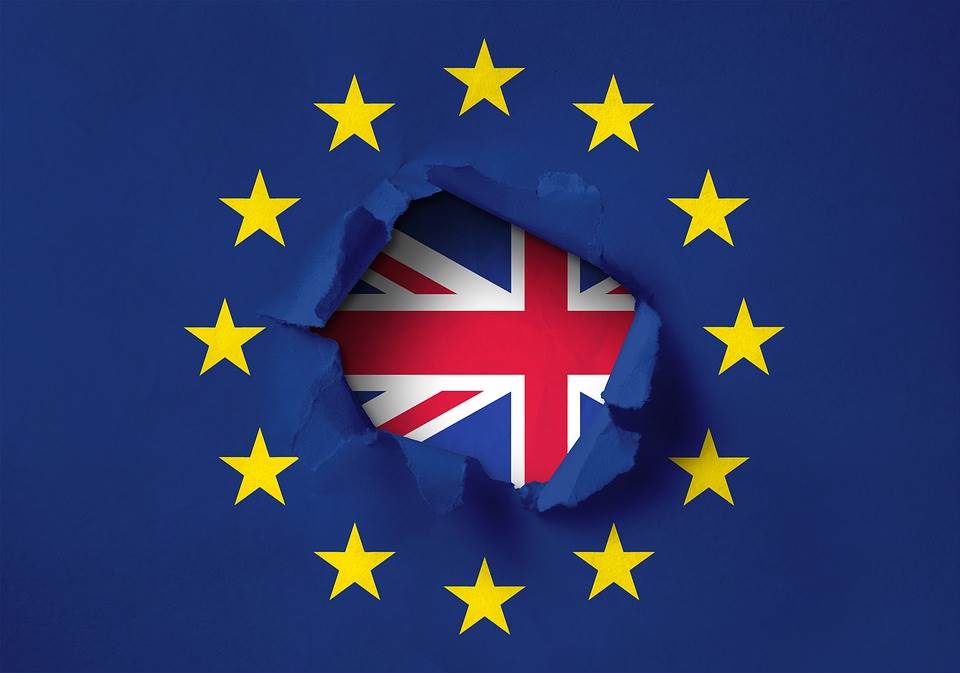 Yesterday saw two crucial votes in the Commons on Brexit. The first was on the second reading of the Withdrawal Agreement Bill (WAB) and the second on the so-called programme motion, which specified the amount of time that would be provided to debate the WAB and take it through all the necessary stages to see it become law, enabling the UK to exit from the EU. The planned time allocation for this process was just three sitting days.
Yesterday saw two crucial votes in the Commons on Brexit. The first was on the second reading of the Withdrawal Agreement Bill (WAB) and the second on the so-called programme motion, which specified the amount of time that would be provided to debate the WAB and take it through all the necessary stages to see it become law, enabling the UK to exit from the EU. The planned time allocation for this process was just three sitting days.
In the event, the WAB was passed, meaning that it could be discussed in detail and would be subject to amendments. Two key amendments that the opposition are said to intend to propose are for the UK to remain in the EU’s customs union and requiring a confirmatory vote (with remain in the EU as an option) at the end of the process, giving the electorate the chance to endorse of reject the Johnson Brexit plan.
The WAB was passed with a vote of 329 in favour of a second reading against 299 opposed. As Johnson later pointed out, this was the first time that parliament had voted in favour of any withdrawal agreement, but many of the opposition votes that carried it over the threshold were from MPs intent on changing the legislation on its passage through the house.
Any joy Mr Johnson may have felt was short-lived since the programme motion that the government was proposing was defeated about 20 minutes later by a margin of 14: 322 votes against to 304 in favour.
What, you may well ask, is the consequence of this? Well, despite threatening to kill the WAB if parliament voted down the programme motion (it is not entirely clear if the PM has the legal authority to do this), the PM announced that the WAB was now “paused”. It was his intent to talk with EU leaders and determine how long an extension they wished to grant the UK to its A50 notice. The leader of the opposition offered Johnson discussions to agree an acceptable period to specify in a fresh programme motion, but Johnson was not to be drawn. After questions on the floor of the House on mechanisms to move matters forward, the Speaker, John Bercow, explained that the WAB was now “in limbo” since a backbench amendment made when Labour was last in power meant that the passage of a bill was stopped if the programme motion associated with it was rejected. Mr Johnson did not “pause” the WAB, therefore, that was done by parliament itself.
The next steps are unclear. It is now inevitable that the October 31st deadline that Johnson set himself for leaving the EU will pass with the UK still a member of the bloc.
The request that Johnson sent (unsigned) to Donald Tusk is being treated as a formal request from the UK for an extension. It is highly likely that EU leaders will grant it since the EU has made it clear that it will never precipitate a “no deal” Brexit. Tusk has indicated that approval can be given if leaders agree to the extension in writing, obviating the need for an emergency summit. Most observers think that they will grant a 3-month extension, as specified in the Benn Act. Mr Johnson is hopeful that they may only grant a short technical extension, but this would risk a chaotic exit, so it seems unlikely.
Yesterday’s developments make a general election in the coming weeks much more likely, but the timing of this lies not with the PM but the leader of the opposition, thanks to the fixed terms act. However, many observers believe that a fresh election would not resolve Brexit since the outcome is likely to be another hung parliament. If a further referendum were to be held before a general election, offering a choice between remaining in the EU and, say, the current Johnson deal, a clear endpoint would be obtained.
